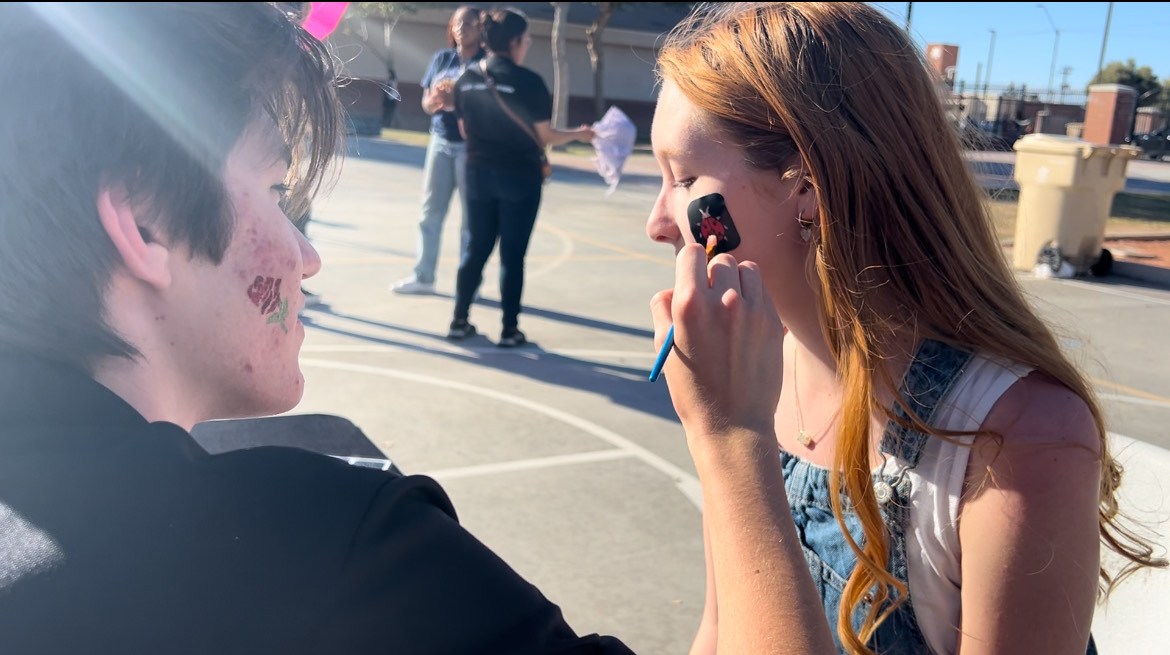From the moment Donald Trump launched his political career, falsehoods have followed. Whether it’s claiming millions voted illegally in 2016, or questioning the legitimacy of Barack Obama’s birthplace, Trump’s relationship with the truth has sparked national debates. But beyond the headlines, his repeated use of misinformation has shaped a broader conversation about trust in media, politics and facts themselves — and whether we have just adopted false statements as innocuous entertainment.
On Aug. 30th of this year, during The Moms For Liberty annual summit in WS, D.C., former president Donald Trump pushed a bizarre false narrative about transgender youth and public schools. He claimed that schools are now performing sex change operations on their students. However, this statement has just added more fuel to the outrage towards Trump, and his seemingly pardoned actions of circulating misinformation.
His statement on sex change operations in schools is far from his first offense when it comes to spreading false information and propaganda. According to the Washington Post, around the first 100 days of his presidency, Trump made 492 statements that were suspected of being false information.
Trying to lie to Americans and spread misinformation only causes further division among the American public. As young journalists, we are bound to wonder how Trump can get away with circulating false information and accusing others of exaggerated allegations.
This spreading of misinformation and violence escalated to unheard-of proportions when on January 6th, 2021, a mob of Trump devotees stormed the country’s Capital in Washington D.C.. They believed Trump’s inaccurate claims that the election was stolen.
Their goal was to occupy the Capitol and prevent the Congressional counting of Electoral College votes, in order to bar Biden from being elected as president. It didn’t work, of course, but this showing of violence and outrage should be frightening to all.
After the 2020 election results, former President Trump began perpetuating the idea that the election was fixed in President Biden’s favor. He began to circulate this so much in the media and even delivered a speech encouraging his followers to “fight like hell.”
Trump’s campaign for 2024 rages on and it’s becoming increasingly apparent that he is, to put it lightly, taking advantage of the First Amendment, in which the right to free speech lies. Since his campaign started for the 2024 presidential election, and even before it, Trump has used half-truths and promises as tactics to gain favor with the Republican party, frequently pushing lies about the Democratic party.
One of Trump’s major pushes for his campaign is undocumented and illegal immigrants threatening a fair election and spreading the idea that the majority of the Democratic Party is composed of illegal immigrants, which is extremely inaccurate. Scare tactics that promoted the idea that the Democratic party allowed undocumented immigrants to rig the election is dangerous rhetoric.
As young journalists, we continue to ask ourselves if someone so opposed to the truth should receive any media attention. This constant cycle of misinformation seems geared to perpetuate more violence.
Politicians wield an abundance of influence, and their words and ideas are enough to sway an audience to action. This responsibility should not be taken lightly and yet, Donald Trump unfortunately continues to do so by spreading propaganda and blatantly incorrect information.
Free speech does not and should not ever be the tool of those who wish to push misinformation to spread fear and despair throughout our nation.






































